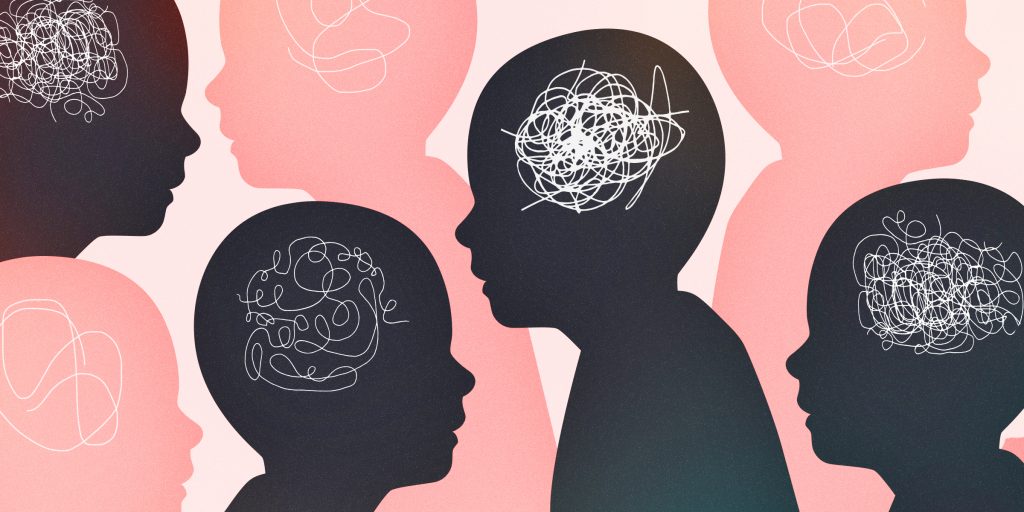
Yelling at children is a common parenting approach that many parents resort to when faced with frustration or stress. However, the psychological impact of this behaviour on a child can be significant and long-lasting. In this article, we will explore the detrimental effects of yelling at your child, emphasizing the importance of positive communication and alternative disciplinary strategies for healthy child development.
Emotional Distress
Yelling at a child can cause significant emotional distress. It creates an environment of fear, anxiety, and insecurity. Children may experience feelings of guilt, shame, and low self-esteem. Repeated exposure to such negative emotions can hinder their emotional development and contribute to a negative self-perception.
Damaged Parent-Child Relationship

Yelling erodes trust and damages the parent-child relationship. Children may perceive their parents as threatening or unpredictable, leading to strained communication and difficulty in seeking guidance and support. This breakdown in trust can hinder a child’s ability to form secure attachments and maintain healthy relationships in the future.
Aggressive Behaviour
Yelling models aggressive behaviour and can lead to a cycle of escalating aggression in children. They may internalize the belief that yelling and shouting are acceptable means of resolving conflicts. Consequently, they may develop aggressive behaviours towards their peers or siblings, as they mimic the communication style they have observed at home.
Low Self-Esteem and Self-Worth
Consistent exposure to yelling can severely impact a child’s self-esteem and self-worth. They may internalize the negative messages conveyed through yelling, believing that they are inherently flawed or unworthy of love and respect. This negative self-perception can have lasting effects on their confidence, academic performance, and overall well-being.

Increased Anxiety and Stress
Yelling creates a high-stress environment for children. It triggers the release of stress hormones, leading to increased anxiety levels. Chronic exposure to yelling can have detrimental effects on a child’s mental health, contributing to heightened stress levels, sleep disturbances, and difficulties concentrating, which can hinder their academic and social development.
Communication and Social Skills Impairment
Yelling impedes healthy communication and social skill development. Children who experience frequent yelling may struggle to express their emotions, needs, and desires effectively. They may develop maladaptive coping mechanisms such as withdrawing or exhibiting aggressive behaviour. These difficulties in communication and social interaction can persist into adulthood, impacting their personal and professional relationships.

Long-Term Psychological Impact
The psychological effects of yelling on children can extend into adulthood. They may carry the emotional baggage and negative self-beliefs ingrained from childhood, which can manifest as anxiety disorders, depression, or difficulties forming intimate relationships. The impact of yelling can be long-lasting and require significant effort to overcome.
Conclusion
Yelling at a child may temporarily release frustration for the parent, but the psychological effects on the child are far-reaching and detrimental. It is crucial for parents to recognize the harmful consequences of yelling and strive to adopt positive discipline strategies that prioritize open communication, empathy, and understanding. By fostering a nurturing and supportive environment, parents can promote healthy emotional development and establish a strong parent-child bond built on trust and respect. Remember, your child’s emotional well-being is worth the conscious effort to create a loving and respectful atmosphere.
